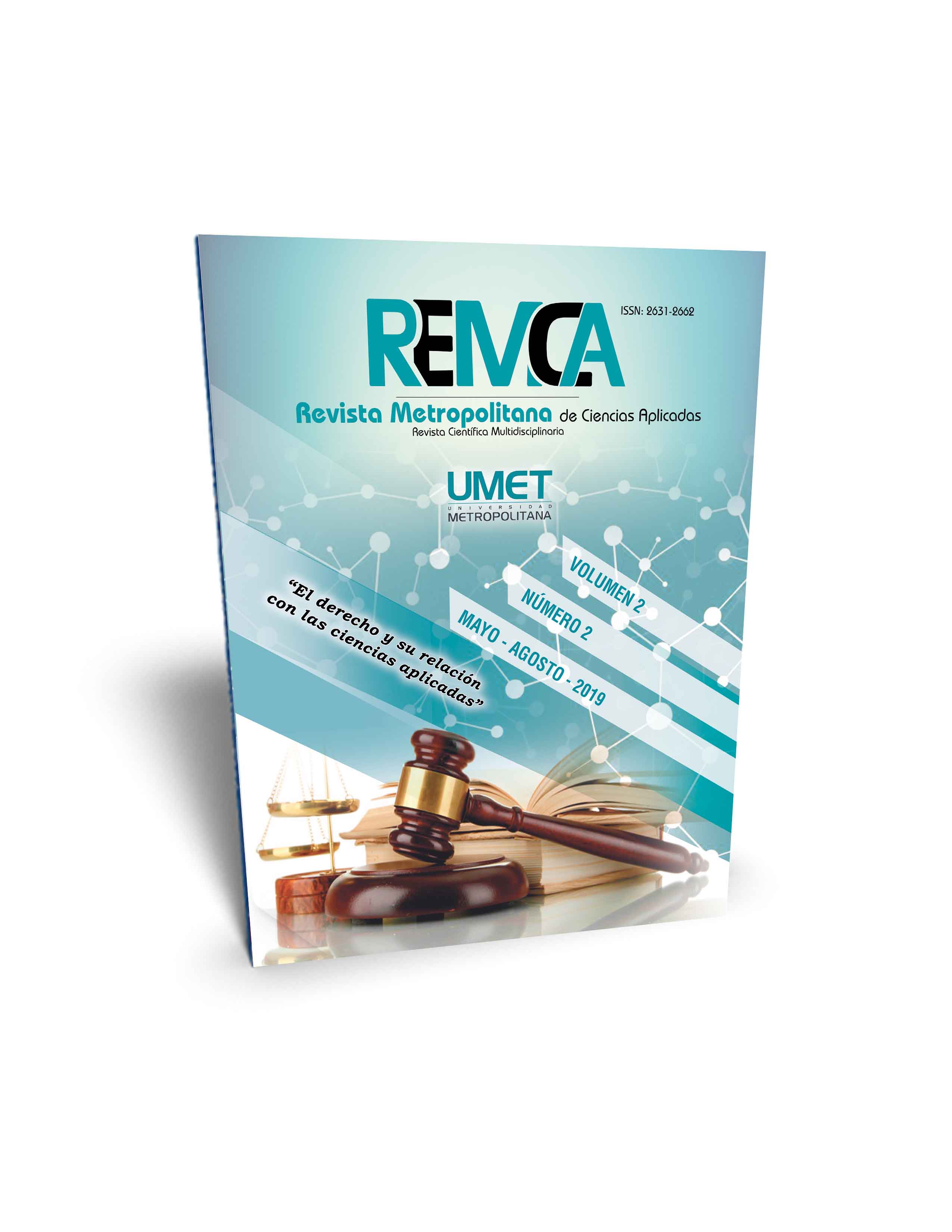Interculturality in the basic education of Ecuador
DOI:
https://doi.org/10.62452/as41rz81Keywords:
Intercultural education, basic education, public education policiesAbstract
The present work is the result of a descriptive investigation of type bibliographic revision with qualitative approach. Methods of theoretical cut were employed, such as analytical-synthetic and hermeneutic, as well as the technique of content analysis, which allowed to determine that Ecuador has a solid legal framework based on the Constitution of the Republic of 2008, which recognizes the multicultural character and plurinational of its population; Intercultural Education is a process of cognitive, procedural and attitudinal construction of relations between cultures; that can not be reduced to classroom and curricular contexts; it is also a set of political, social and cultural processes, which requires pedagogical models that are specified in policies, programs and projects to generate learning environments characterized by cultural interaction; where all the cultural features must be taken into account to educate the young generations in a coexistence of respect, solidarity, equity, flexibility and tolerance; to live in an increasingly complex society, which undergoes new sociocultural changes, generating the expansion of the links between diverse cultural groups; This is precisely the essence of the importance of intercultural education in Ecuadorian basic education.
Downloads
References
Barabas, A. (2014). Multiculturalismo, pluralismo cultural y interculturalidad en el contexto de América Latina: la presencia de los pueblos originarios. Revista de sociologia. Configurações, 14. Recuperado de http://configuracoes.revues.org/2219
Concha, R. (2017). La convivencia escolar en positivo. Madrid: Pirámide.
Donoso, M. (2015). Educación intercultural en la primera infancia. Santiago de Chile: Universidad Nacional de Chile.
Ecuador. Asamblea Nacional Constituyente. (2008). Constitución de la República del Ecuador. Quito: Asamblea Nacional Constituyente.
Ecuador. Asamblea Nacional. (2011). Ley Orgánica de Educación. Intercultural. Registro Oficial No 417. Quito: Asamblea Nacional.
Ecuador. Ministerio de Educación del Ecuador. (2016). El Buen Vivir. Quito: Ministerio de Educación.
Espinoza, E., Guamán, G., & Serrano, O. (2017). Modelo didáctico para un salón intercultural. III Congreso Internacional de Ciencias Pedagógicas. Recuperado de http://www.pedagogia.edu.ec/documento/index/10
Espinoza, E., Guamán, V., & Gómez, M. (2016). El continuum cultura-identidad de la comunicación y la educación ecuatoriana. Revista Universidad y Sociedad, 8(4), 71-79. Recuperado de http://scielo.sld.cu/pdf/rus/v8n4/rus09416.pdf
Gil, J. (2014). Las Políticas Públicas de Educación en Ecuador, como una manifestación e instrumento del Plan Nacional para el Buen Vivir. (Tesis doctoral). Alicante: Universidad de Alicante.
Gluyas, R., Esparza, R., Romero, M., & Rubio, J. (2015). Modelo de Educación Holística: Una propuesta para la formación del ser humano. Actualidades Investigativas en Educación, 15(3), 1-25. Recuperado de http://www.redalyc.org/pdf/447/44741347022.pdf
Gómez, J. (2015). Las competencias profesionales. Revista Mexicana de Anestexiología, 38(1), 49-55. Recuperado de http://www.medigraphic.com/pdfs/rma/cma-2015/cma151g.pdf
Higuera, E. & Castillo, N. (2015). La interculturalidad como desafío para la educación ecuatoriana. Recuperado de https://www.researchgate.net/publication/318611037_La_interculturalidad_como_desafio_para_la_educacion_ecuatoriana
Marga, C. (2017). La importancia de la Educación Intercultural en un mundo globalizado. Recuperado de http://colegioedwardconcepcion.cl/la-importancia-de-la-educacion-intercultural-en-un-mundo-globalizado/
Organización de las Naciones Unidas para la Educación, la Ciencia y la Cultura. (2015). Educación e Interculturalidad. Oficina de la UNESCO en Quito. Recuperado de http://www.unesco.org/new/es/quito/education/education-and-interculturality/
Downloads
Published
Issue
Section
License
Copyright (c) 2019 Eudaldo Enrique Espinoza Freire (Autor/a)

This work is licensed under a Creative Commons Attribution-NonCommercial-ShareAlike 4.0 International License.
Authors who publish in Revista Metropolitana de Ciencias Aplicadas (REMCA), agree to the following terms:
1. Copyright
Authors retain unrestricted copyright to their work. Authors grant the journal the right of first publication. To this end, they assign the journal non-exclusive exploitation rights (reproduction, distribution, public communication, and transformation). Authors may enter into additional agreements for the non-exclusive distribution of the version of the work published in the journal, provided that acknowledgment of its initial publication in this journal is given.
© The authors.
2. License
The articles are published in the journal under the Creative Commons Attribution-NonCommercial-ShareAlike 4.0 International License (CC BY-NC-SA 4.0). The terms can be found at: https://creativecommons.org/licenses/by-nc-sa/4.0/deed.en
This license allows:
- Sharing: Copying and redistributing the material in any medium or format.
- Adapting: Remixing, transforming, and building upon the material.
Under the following terms:
- Attribution: You must give appropriate credit, provide a link to the license, and indicate if any changes were made. You may do this in any reasonable manner, but not in any way that suggests the licensor endorses or sponsors your use.
- NonCommercial: You may not use the material for commercial purposes.
- ShareAlike: If you remix, transform, or build upon the material, you must distribute your creation under the same license as the original work.
There are no additional restrictions. You may not apply legal terms or technological measures that legally restrict others from doing anything the license permits.




